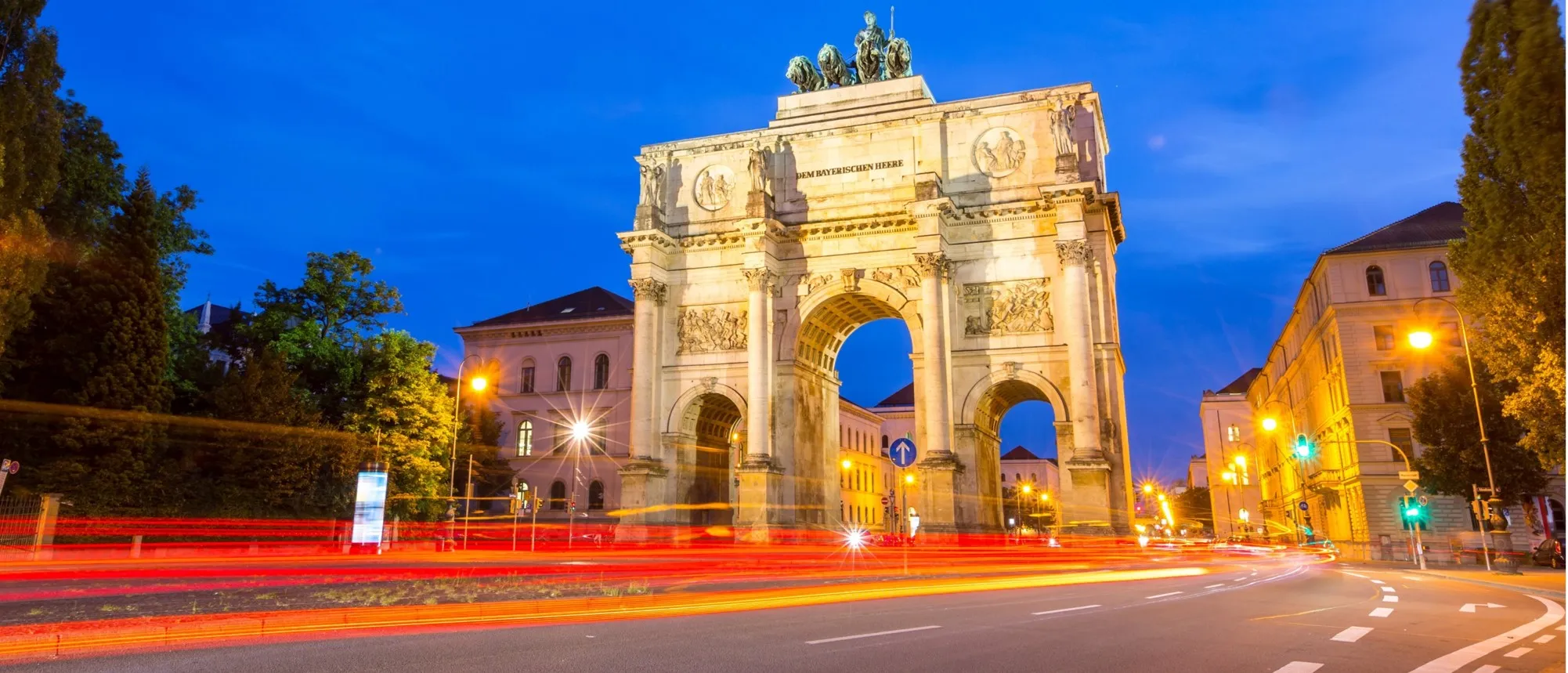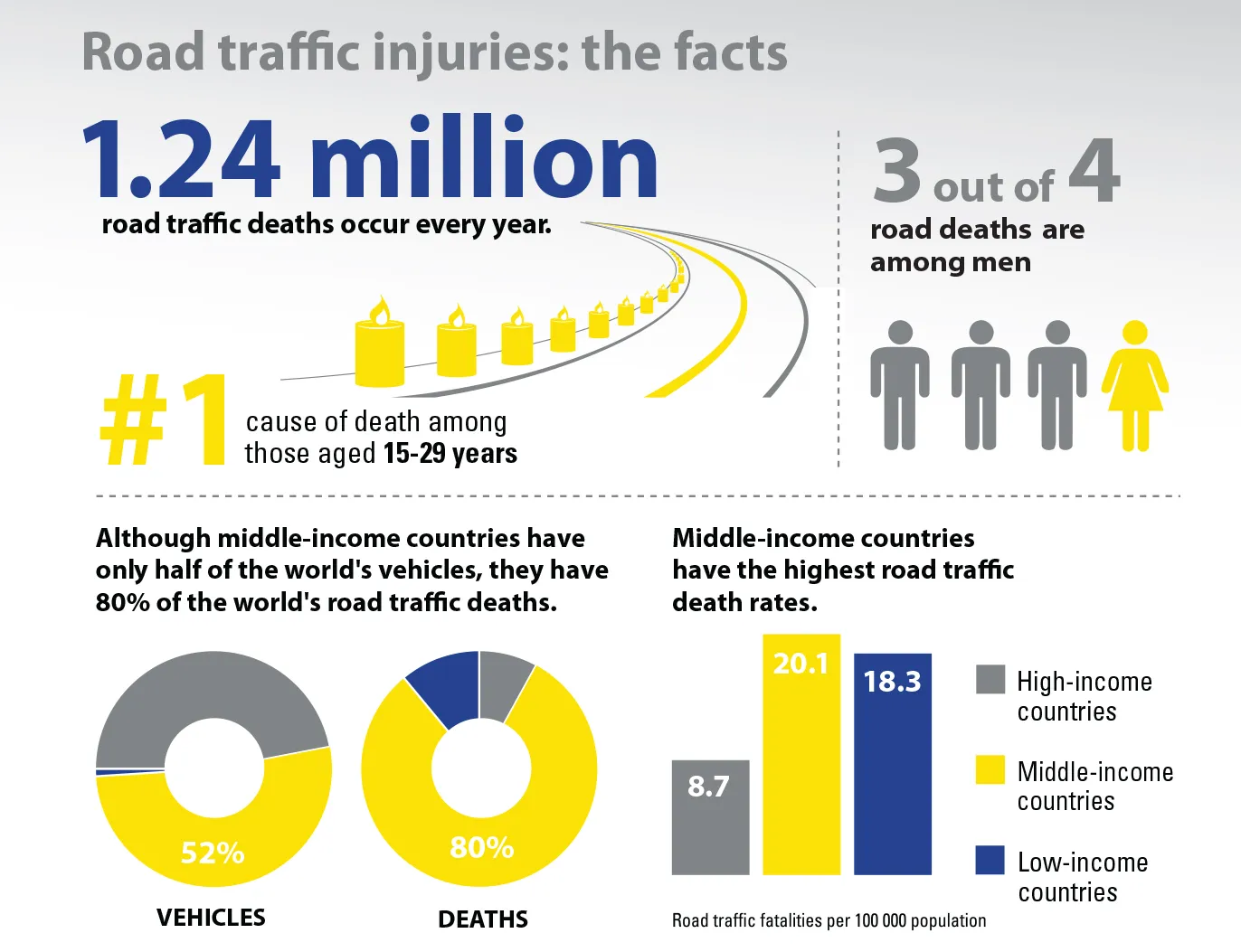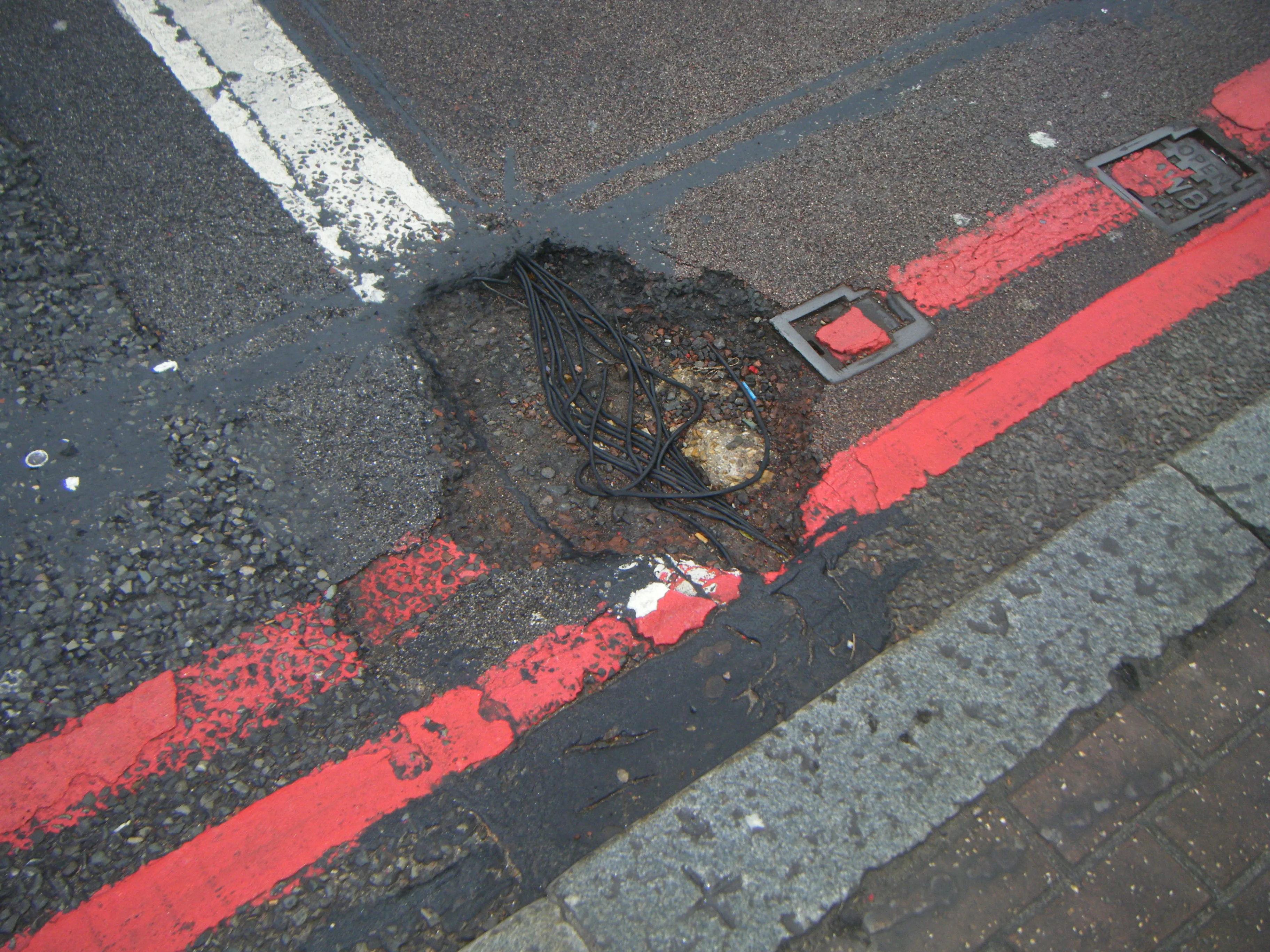
The pilots will start in June next year in the regions of Amsterdam, Munich, Antwerp and Copenhagen.
The framework is the result of an agreement last year by six road authorities from four countries and some international service and traffic information providers.
According to reports last year, participants in the project are: BASt (German Federal Highway Research Institute), Be-Mobile (Flitsmeister), BMW Group, Brand MKRS creative agency (Google Maps, Waze), City of Copenhagen, Flemish Region in Belgium, HERE Technologies, MAPtm, Rijkswaterstaat (representing City of Amsterdam, National Data Warehouse for Traffic Information, Province of Noord-Holland, Transport Authority Amsterdam), Technolution, TomTom Group.
The project is co-funded by the
The services will cover smart routing, speed and lane advice, local information and hazardous warning and improved roadside traffic management measures. Such services will be jointly provided by road authorities, service providers and eventually by manufacturers of self-driving vehicles. Traffic management data will be shared among the participants.
The full report and a summary and factsheet of the SOCRATES2.0 Cooperation Framework can be downloaded on the %$Linker:







